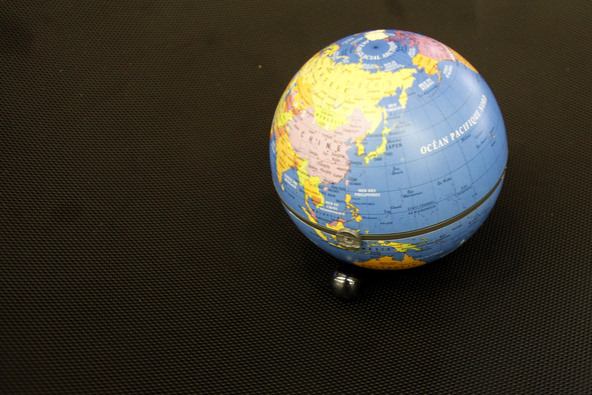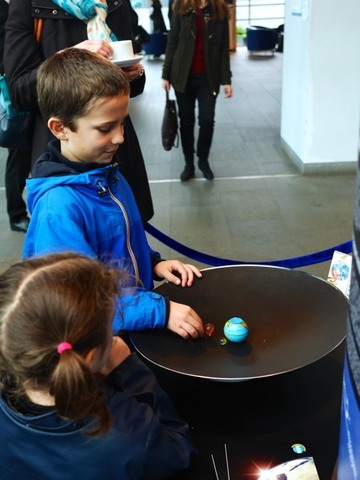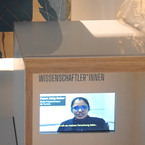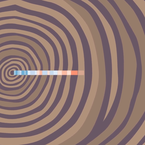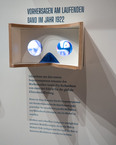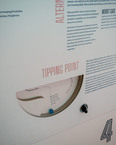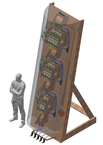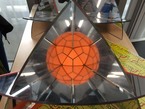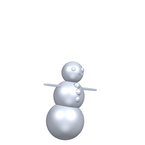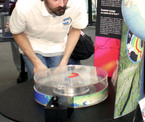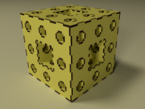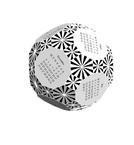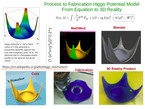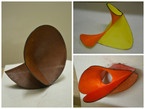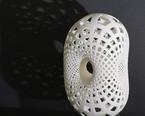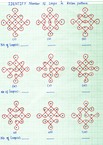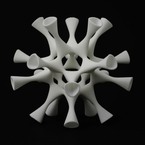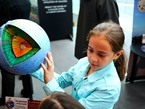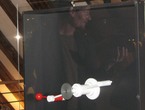The Heidelberg Laureate Forum Foundation invites you to visit the exhibition “Mathematics of Planet Earth” at Karlstorbahnhof in Heidelberg, Germany! It runs from July 5 to Aug 2, 2015, for the first time in Heidelberg. It offers a big variety of exciting adventures for children and adults alike.
Where are you?
hands-on
Licence
Credits
- Design and Implementation
Website
How many satellites orbiting around the Earth are needed to compute exactly one’s position at each instant?
The GPS system uses a set of satellites (at least 24) orbiting around the Earth and emitting signals.
An ideal GPS receiver measures the travel time of three signals from emitted by three satellites to the receiver. From each measure it computes its distance to each satellite.
The set of points at a given distance from a satellite is a sphere centered at the satellite. The receiver is hence located at one of the two intersection points of three spheres centered at each of the satellites. The second intersection point is eliminated since located very far from the surface of the Earth.
An underlying hypothesis is that the receiver’s clock is perfectly synchronized with those of the satellites…
And if not?
Then, the receiver needs to measure the travel time of the signal from a fourth satellite. From these four (fictitious) travel times, it computes its three coordinates of position and the shift of its clock with those of the satellites.
This module is part of the MPE exhibition. You can rent this module for a lumpsum fee. A detailed manual how to rebuild this module will be shared.


